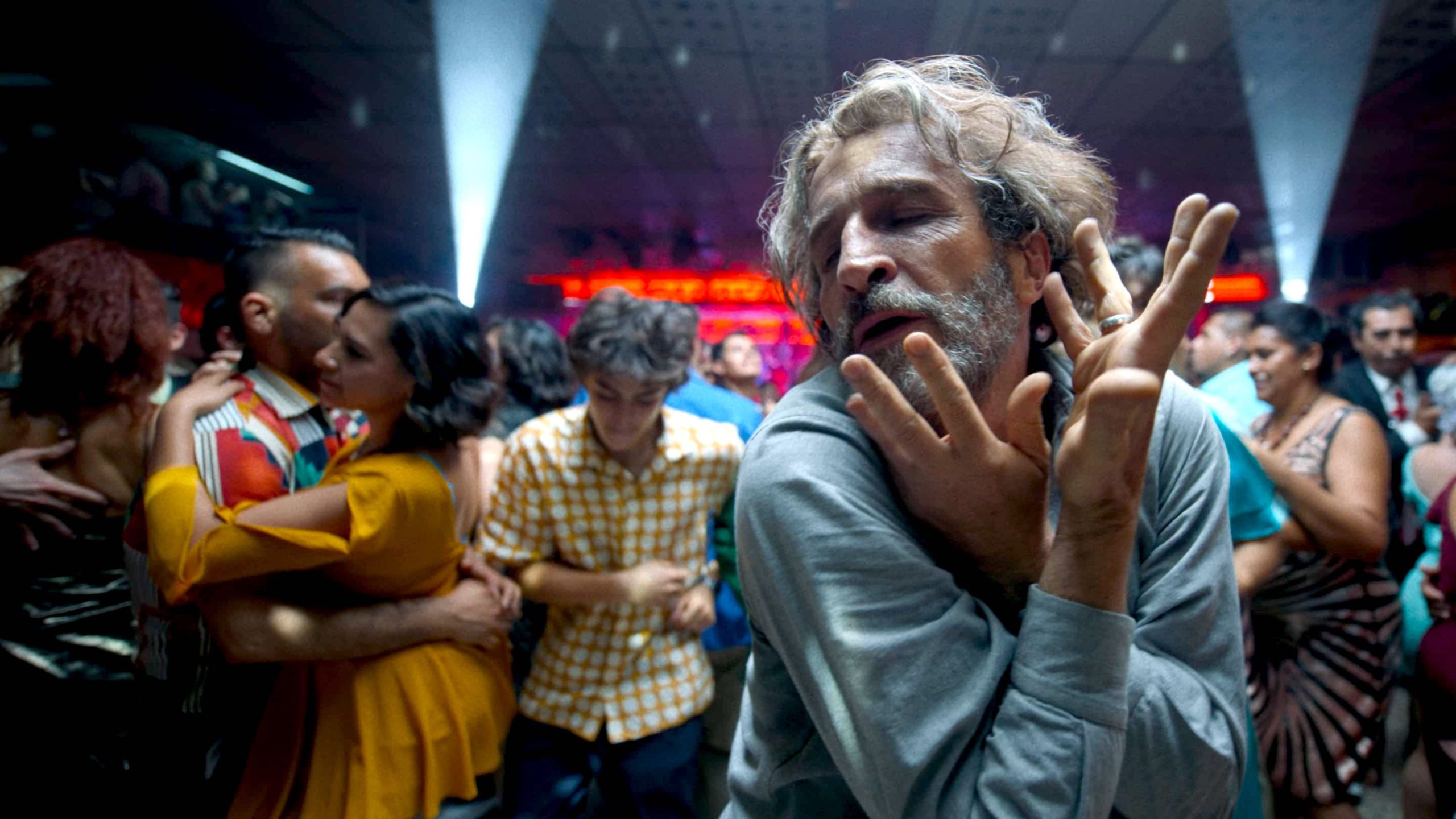
In 2017 Yorgos Lanthimos released his remarkable film, The Killing of a Sacred Deer. Everything about its look and feel is unusual. The pacing, the compositions, the sound, the dialogue and especially the acting conspire to create a unique atmosphere that is both lifeless and yet taught with tension.
All of the actors have profoundly dampened affects. The film clearly separates itself from naturalistic depiction of a recognizable reality but still manages to connect with our everyday experience. Scenes are filmed from distant vantage points or odd angles. The camera follows the characters from up high or down at their feet. Everything about this film is odd.
Without the emoting or drama of naturalistic acting the film is stripped down to its plot and its mood. It is a display of behaviors that seem empty and cold but with the uncomfortable and disturbing soundtrack they are imbued with a terrible sense of menace, even in their limp, blank delivery.
Through the entire film there is a tension between nihilistic meaninglessness and some kind of dark symbolic significance. There is a palpable kind of existential absurdity that destroys any attempt at coherent rationality but there is an opposing gravity of anxiety that imbues everything with import. The gaping wide angle shots belittle everything even as we grow more invested and concerned. Shots include large swaths of the ceiling, or pan out to impossibly far distances. There is a strong feeling of Kubrick’s influence, in particular the Shining. When little Danny is happily riding his bike through the halls of the Overlook Hotel it is the low camera angle, and the dissonant music that keep us on edge.

As the film progresses the lack of affect takes on a new cast and seems like suppressed rage. Like in a Kulashov experiment The same expressionless faces that began the film become faces imbued with intense emotion simply due context. The deadened rictuses do eventually break into momentary outbursts of emotion but they are brief and soon covered back up with a wooden and dead eyed demeanor.
Amidst the angst and stress the film has a very dark but strong current of humor. There are certainly no belly laughs but there are parts where you find yourself almost ashamedly smiling. There is a grievous slapstick element when the children lose the functioning of their legs. There is a painfully awkward moment worthy of Todd Solondz when Steven, the father, describes a sexual encounter he had with his father that is so uncomfortable it tickles a part of you that doesn’t know how else to react but with a nervous grin.

Steven’s final solution is an amazing depiction of the absurd. Both humorous and terrifying the indelible image of him spinning in his living room transcends its context and becomes something emblematic of the human condition. It's not just another scene in the story, it is a resonant illustration of futility and determination.
There are many films that speak to the vapid culture of the suburbs but in this film that culture is cut into so deeply that life itself seems ridiculous. David Lynch’s Blue Velvet peels back the happy, clean facade of suburbia to find a seething id waiting to devour us, but for Lanthimos there isn’t anything behind the facade. All we have is the matter fact concrete surface sitting there staring back at us.
The end provides no sense of resolution or relief. From the antagonist’s point of view everything went as planned and came to a satisfying conclusion, but from the protagonists point of view, which is our point of view, we are given nothing to encapsulate the story. There is no nutshell, no string to tie it up with. Without a resolution to contain it the mood and feeling of the film open wider. Without a conclusion the film seems to grow into oppressive proportions which end up touching everything around us.
Barry Keoghan’s acting deserves special mention. He creates a deeply compelling portrait of his character Martin. Keoghan’s subtle delivery and the small details of his performance are impressive. Martin seems to have a kind of naïveté that makes you wonder if he is mentally compromised, but at the same time he wields his power with a certainty that make you wonder what he is cable of. It parallels the struggle between meaningful intention and random chaos that is at work throughout the film.

If you enjoyed this article here is another one about a Lanthimos movie
www.filmofileshideout.com/archives/november-01st-2021




[…] If you enjoyed this article click here for morewww.filmofileshideout.com/archives/yorgos-lanthimos-the-killing-of-a-sacred-deer […]